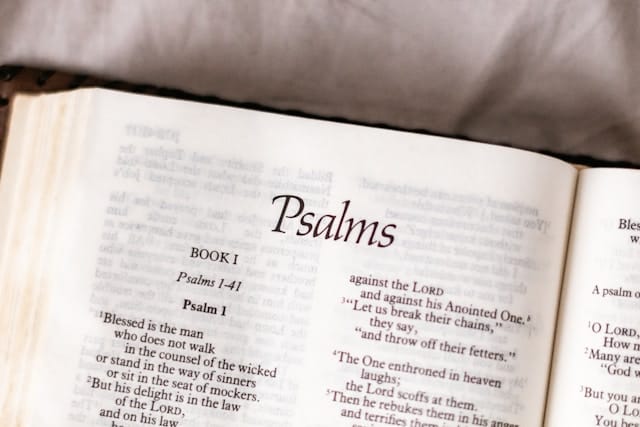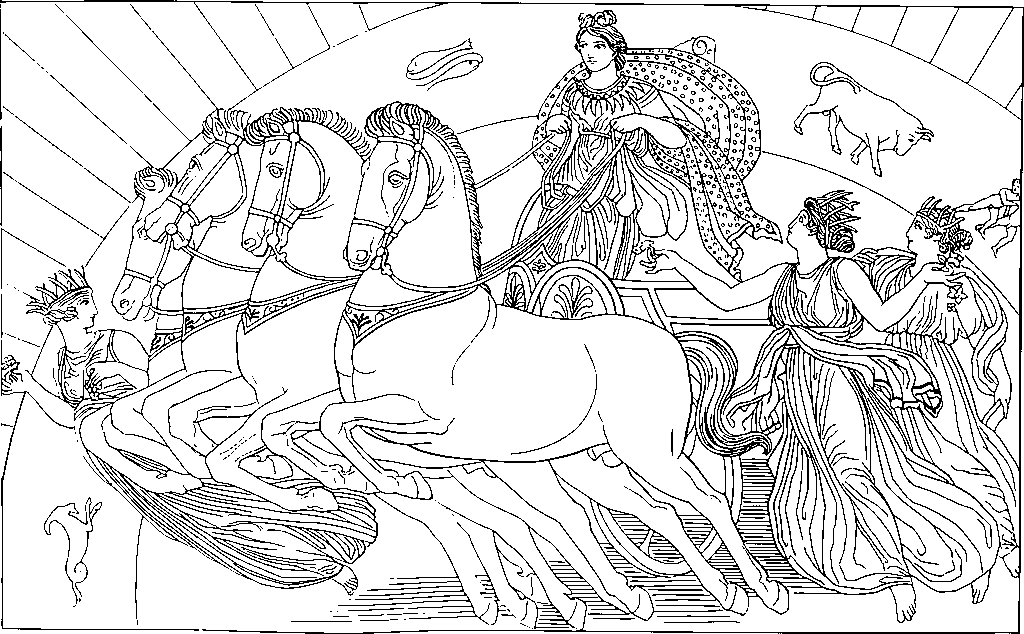
The Psalm 83 War is a concept derived from a biblical passage that describes a conflict involving Israel and its neighboring nations. This topic has garnered interest among theologians and prophecy enthusiasts, as it is believed to hold significant implications for the future of the Middle East and the Jewish state.
Understanding Psalm 83
The Psalm 83 War derives its name from Psalm 83, a chapter in the Book of Psalms in the Hebrew Bible. This passage expresses a plea to God for protection against a coalition of nations that intend to attack Israel. The psalmist implores God to thwart the enemies who conspire to destroy the nation of Israel, emphasizing the urgency and severity of the threat.
Psalm 83 is unique because it presents a vision of a conflict that may not have been fully realized in history. The passage lists several nations that are perceived as adversaries of Israel, including Edom, Moab, and the Philistines, among others. The significance of this psalm lies in its prophetic implications, which have led many to speculate about a future war involving these nations.
The Historical Context

To understand the significance of the Psalm 83 War, it’s important to explore the historical context of the nations mentioned in the psalm. Many of these nations were ancient groups that existed during biblical times. For instance, Edom was located to the southeast of Israel, while Moab was situated to the east. The Philistines lived along the southwestern coast of Israel.
Historically, these nations often clashed with Israel, especially during the times of the monarchy. The complex relationships between these nations and Israel have been marked by periods of war and peace. However, the Psalm 83 War is thought to be different from these historical conflicts, as it suggests a future alignment of nations against Israel, which could reshape the geopolitical landscape of the region.
Prophetic Interpretations

Many theologians and biblical scholars have analyzed Psalm 83 as a prophetic text. They believe that the psalm may depict a future war where Israel faces a coalition of its neighbors. This interpretation stems from the belief that the enemies described in the psalm represent contemporary nations that hold animosity towards Israel.
Some interpretations suggest that the coalition may include not only the ancient nations mentioned in the psalm but also modern-day countries in the Middle East. This view raises concerns about the potential for renewed conflict in the region, especially given the ongoing tensions between Israel and its neighbors. The prophetic nature of Psalm 83 has led to various theories about the timing and conditions surrounding this anticipated conflict.
Why Is the Psalm 83 War Significant?

The Psalm 83 War holds considerable significance for several reasons. Firstly, it is viewed as a potential precursor to other prophetic events outlined in the Bible, particularly in relation to the end times. Many believe that the fulfillment of this war could set the stage for further conflicts involving Israel, including the more widely known Gog and Magog war mentioned in Ezekiel.
Secondly, this concept impacts the geopolitical landscape of the Middle East. With Israel being a key player in regional politics, any conflict involving the nation can have far-reaching implications not only for its immediate neighbors but also for global powers. The potential for a coalition of nations to unite against Israel raises concerns about stability and security in the region, which is already fraught with tension.
Finally, the Psalm 83 War is significant in understanding the relationship between biblical prophecy and contemporary events. As tensions in the Middle East continue to evolve, many individuals look to the scriptures for insight into the future. The Psalm 83 War serves as a reminder of the complexities of these relationships and the enduring relevance of biblical texts in today’s world.
Current Events and Relevance
In recent years, developments in the Middle East have sparked renewed interest in the concept of the Psalm 83 War. Various conflicts, such as the Syrian civil war, tensions between Israel and Hamas, and the shifting alliances among Arab nations, have led many to question whether we are witnessing the early stages of the prophesied conflict.
The normalization of relations between Israel and several Arab nations, such as the Abraham Accords, has also added another layer to the discussion. Some argue that these agreements could either mitigate the likelihood of a coalition forming against Israel or, conversely, create new tensions as nations reassess their positions. Understanding the dynamics of these relationships is essential for grasping the potential for a future Psalm 83 War.
Spiritual Implications
Beyond geopolitical concerns, the Psalm 83 War also carries spiritual implications for many believers. For those who view the psalm as prophetic, the anticipation of a future conflict can evoke feelings of urgency, prompting prayer and spiritual preparedness. Many see such conflicts as part of a larger divine plan, reinforcing their faith in God’s sovereignty over history.
The spiritual aspect of the Psalm 83 War encourages believers to reflect on their relationship with God and their role in the unfolding of biblical prophecy. It serves as a reminder of the importance of faith and unity among believers, especially in times of uncertainty and fear.
Conclusion
The Psalm 83 War is a concept rooted in biblical prophecy that denotes a potential future conflict involving Israel and its neighboring nations. Its significance lies in its implications for both the geopolitical landscape of the Middle East and the spiritual lives of believers. As tensions in the region continue to evolve, understanding the context and meanings behind the Psalm 83 War can provide valuable insight into the relationship between faith and contemporary events. While interpretations may vary, the enduring relevance of this biblical text invites individuals to reflect on the complexities of history, prophecy, and the ever-changing world around us.
FAQs
What does Psalm 83 specifically say about the enemies of Israel?
Psalm 83 describes a coalition of nations that plot against Israel, asking God to intervene and protect His people. The psalm mentions specific groups such as Edom, Moab, and the Philistines, emphasizing the urgency of their plans to eliminate Israel as a nation.
How do modern-day events relate to the Psalm 83 War?
Many contemporary events in the Middle East, such as conflicts involving Israel and its neighbors, are interpreted by some as potentially aligning with the prophetic implications of the Psalm 83 War. The shifting alliances and ongoing tensions are considered by some as precursors to the anticipated conflict.
Is the Psalm 83 War an actual future event?
The belief in the Psalm 83 War as a future event is largely based on interpretations of biblical prophecy. While some theologians and believers view it as a literal future conflict, others see it as a symbolic representation of ongoing struggles faced by Israel.
How can believers prepare spiritually for the Psalm 83 War?
Many believers focus on prayer, unity, and spiritual growth as ways to prepare for potential conflicts like the Psalm 83 War. Engaging in community discussions, studying biblical texts, and fostering a deeper relationship with God are common approaches.
Are there any other biblical prophecies linked to the Psalm 83 War?
Yes, the Psalm 83 War is often discussed in conjunction with other prophecies, such as the Gog and Magog war found in Ezekiel. Many interpretations see these events as interconnected parts of a larger narrative concerning Israel’s future and the fulfillment of biblical prophecies.

